If you’re trapped in an abusive cycle and wondering how to break a trauma bond with a narcissist, you have come to the right place!
Are you in a trauma bond with a narcissist? Breaking the trauma bond with a narcissist can be an incredibly challenging and complex process.
A trauma bond is a powerful emotional connection that forms between an individual and their abuser, often resulting from prolonged exposure to manipulation, control, and abuse.
Narcissists, with their self-centered and exploitative tendencies, can be especially adept at creating and perpetuating trauma bonds.
However, with knowledge, self-awareness, and strategic steps, it is possible to break free and embark on a journey toward healing and reclaiming your life.
In this article, we will explore a comprehensive guide to breaking a trauma bond with a narcissist, providing insights, strategies, and support for individuals on this transformative path.
Read How To Manipulate A Manipulator: 10 Psychological Tricks
What Is Narcissism?
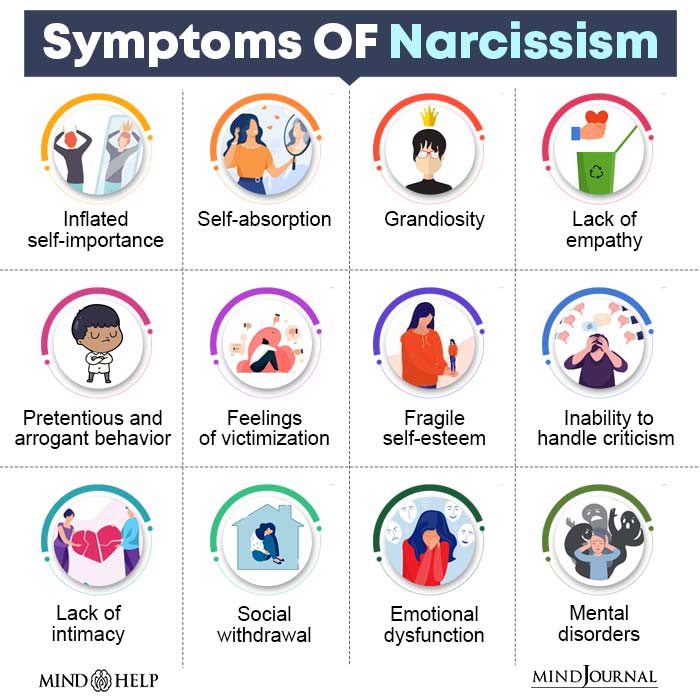
Narcissism is a complex personality trait that involves an excessive preoccupation with oneself, an inflated sense of self-importance, and a lack of empathy for others.
Individuals with narcissistic tendencies often exhibit a grandiose sense of self, a constant need for admiration and validation, and a tendency to exploit and manipulate others to meet their own needs.
Narcissism can manifest in different degrees, ranging from narcissistic traits to Narcissistic Personality Disorder (NPD), a more severe and pervasive form.
While it’s important to note that not all individuals with narcissistic traits have NPD, the core characteristics of narcissism can significantly impact relationships, work environments, and overall well-being.
One hallmark trait of narcissism is an exaggerated sense of self-importance. Narcissists often believe they are special, unique, and entitled to privileges and admiration from others.
They may constantly seek attention, praise, and validation to maintain their inflated self-image. This need for admiration can lead to manipulative behaviors, as narcissists exploit others to boost their ego and fulfill their desires.
Another key characteristic of narcissism is a lack of empathy. Narcissists struggle to understand or relate to the feelings and experiences of others.
They tend to prioritize their own needs and desires above anyone else’s, often disregarding the emotions and well-being of those around them.
This lack of empathy can lead to a pattern of using and discarding people, as narcissists view others as mere extensions of themselves or as sources of gratification.
Narcissists also tend to engage in grandiose fantasies and exaggerated self-representations. They may create a false image of superiority, success, or talent to gain admiration and validation.
This inflated self-image can lead to a disregard for rules, boundaries, and ethical considerations, as narcissists believe they are above such constraints.
In relationships, narcissists often display controlling and manipulative behaviors. They may engage in gaslighting, where they distort the truth and manipulate the perception of others to maintain control and power.
Narcissists may exploit others’ vulnerabilities, undermine their self-esteem, and engage in emotional manipulation to assert dominance and satisfy their own needs.
The impact of narcissism extends beyond individual relationships. In work environments, narcissists may exhibit a need for constant recognition and validation, often at the expense of others.
They may prioritize their own success and advancement, disregarding teamwork and cooperation. Their excessive self-focus can create a toxic atmosphere and hinder collaboration and productivity.
It’s essential to understand that narcissism is a complex psychological trait that can stem from various factors, including childhood experiences, genetic predisposition, or a combination of both.
While individuals with narcissistic traits may display challenging behaviors, it’s crucial to approach the topic with empathy and seek professional guidance when dealing with severe cases of narcissism or abuse.
In fine, narcissism is characterized by an excessive preoccupation with oneself, an inflated sense of self-importance, and a lack of empathy for others.
The impact of narcissism can be far-reaching, affecting relationships, work environments, and overall well-being.
Understanding narcissism can help individuals navigate relationships with narcissistic individuals, set healthy boundaries, and seek support when necessary.
Read The 5 Love Languages Of Narcissists And Empaths
Trauma Bonding In A Narcissistic Relationship: What Is A Trauma Bond?
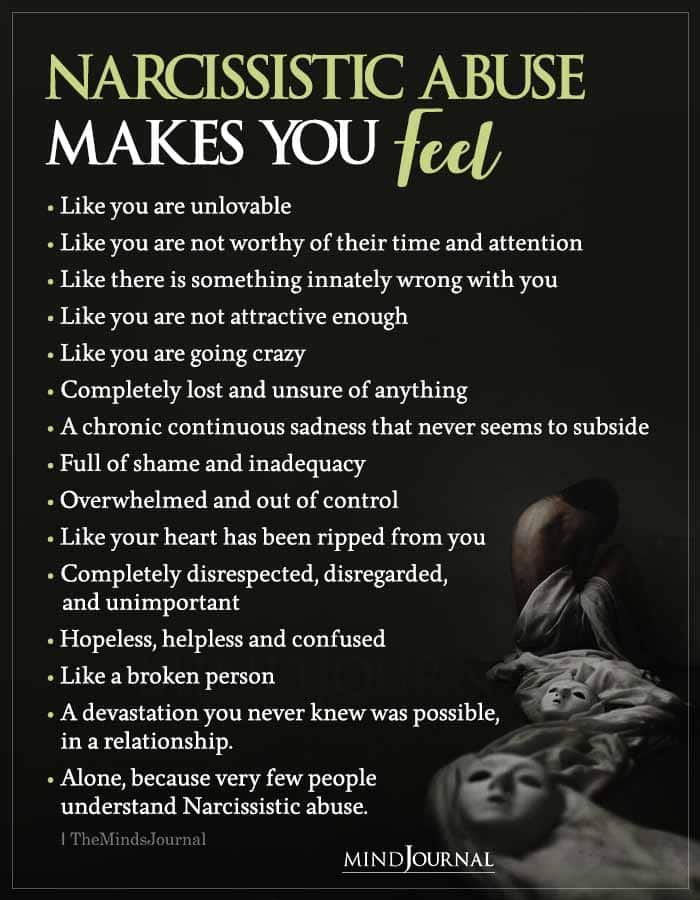
Before we get to how to break a trauma bond with a narcissist, let’s first understand the dynamics of a narcissist and trauma bonding.
A trauma bond is a strong emotional attachment that develops between an individual and their abuser. It is characterized by a mix of positive and negative experiences, intermittent reinforcement, and a sense of dependency and power imbalance.
Narcissists employ various tactics such as love-bombing, gaslighting, and devaluation to keep their victims trapped in a trauma bond. Understanding these dynamics can help you gain clarity about the situation.
How do you break a trauma bond with a narcissist? A trauma bond typically follows a cycle of idealization, devaluation, and discard. Recognizing this pattern can assist in breaking free from the cycle and regaining control of your life.
How to break a trauma bond with a narcissist? If you’re trauma bonded to a narcissist, identifying the trauma bond is crucial for acknowledging the unhealthy dynamics in the connection.
This awareness is the first step toward breaking free from the trauma bond with a narcissist.
Read Micromanipulation: 5 Ways A Narcissist Controls You
How To Break A Trauma Bond With A Narcissist?
Here’re some strategic tips that can help you break the trauma bond with a narcissist:
1. Embracing Self-Compassion
Trauma bonding in a narcissistic relationship is an extremely difficult and emotionally taxing experience.
Acknowledge that your experience was real and that you are not to blame for the trauma bond. Practice self-compassion and be gentle with yourself as you begin the healing process.
2. Practice Self-empowerment:
For breaking the trauma bond with a narcissist, engage in activities that help you regain a sense of personal power and agency. Set and achieve small goals to rebuild your self-confidence.
3. Practice self-forgiveness:
Being trauma bonded to a narcissist can bring guilt and shame, that you must forsake. Let go of any self-blame or guilt for being in the trauma bond.
Understand that you were manipulated and deceived by the narcissist, and self-forgiveness is a crucial step in your healing journey.
4. Cultivate Self-Trust And Intuition
One of the most damaging effects of a trauma bond is the erosion of trust in oneself. Begin rebuilding self-trust by acknowledging and honoring your own thoughts, feelings, and instincts.
Practice listening to your intuition and making choices that align with your inner wisdom. Over time, you will regain confidence in your ability to make decisions that serve your best interests.
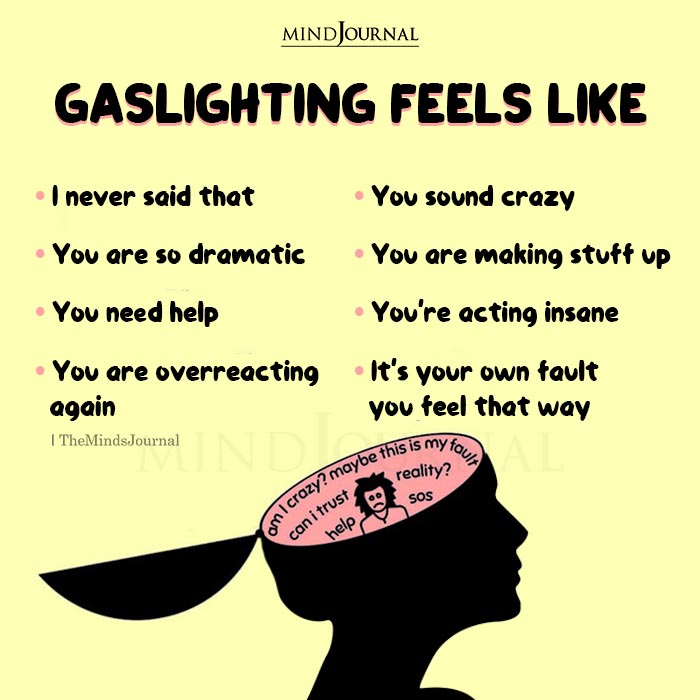
5. Understanding The Impact Of Trauma
Being trauma bonded to a narcissist for a considerable amount of time is bound to have adverse emotional, mental, as well as physical effects.
Educate yourself about the negative effects of narcissistic manipulation, abuse, and trauma. Recognize that your emotions and reactions are valid responses to the abuse you endured.
6. Journaling And Expression:
Trauma bonding in a narcissistic relationship can make you feel overwhelmed. Use journaling as a therapeutic tool to express your emotions, reflect on your experiences, and gain insights into your healing process.
7. Seeking Validation From Trusted Sources
For breaking the trauma bond with a narcissist, reach out to supportive friends, family members, or professionals who can validate your experiences and provide a safe space for you to express and process your emotions.
8. Educating Yourself About Narcissistic Abuse
Trauma bonding in a narcissistic relationship is a pretty abusive relationship.
Arm yourself with knowledge about narcissistic personality disorder, manipulative tactics, and the strategies narcissists use to gain insights. This knowledge will empower you during the recovery process.
9. Establishing Physical And Emotional Safety Measures
When you are trying to get out of a trauma bond with a narcissist, ensure your physical safety first. You might change your locks to secure your home, and, if necessary, seek legal protection. Emotionally, set boundaries to protect yourself from further harm.
10. Identifying Support Networks
For breaking the trauma bond with a narcissist, build a support system of trusted friends, family, or support groups who can provide encouragement, guidance, and assistance throughout your journey.
11. Creating A Self-Care Routine
Being trauma bonded to a narcissist can make you so emotionally distressed that you can ignore your personal appearance and also hygiene.
How do you break a trauma bond with a narcissist? Start by bringing your attention back to yourself.
Prioritize self-care activities that promote your well-being and healing. Engage in practices such as exercise, meditation, journaling, and hobbies that bring you joy.
12. Utilizing Professional Resources
Trauma bonding in a narcissistic relationship is emotionally and mentally damaging. Consider seeking therapy or counseling from professionals experienced in narcissistic abuse.
They can help you navigate the complexities of the trauma bond and provide tools for healing.
13. Establishing No-Contact Or Low-Contact Boundaries
How do you break a trauma bond with a narcissist if you’re still in contact with them? You can’t! One of the most effective ways to break a trauma bond with a narcissist is to establish strict boundaries.
No contact involves completely cutting off all communication with the narcissist, while low contact involves minimizing contact to essential matters only. Determine which approach is best for your situation and stick to it consistently.
14. Detoxifying Your Environment
To successfully end a trauma bond with a narcissist, remove reminders of your relationship from your living space.
Get rid of items that trigger painful memories or associations. Rearrange your surroundings to create a fresh and positive atmosphere that supports your healing process.
15. Implementing Technology And Social Media Safeguards
For breaking the trauma bond with a narcissist, block the narcissist on all social media platforms and ensure your online presence is private.
Restrict their ability to contact you digitally. Consider changing phone numbers or email addresses if necessary to create a clean break.
16. Coping With The Urge To Break No-Contact
Being trauma bonded to a narcissist for a long duration of time can make you emotionally dependent on the narcissist.
Breaking the trauma bond can trigger intense emotions and a strong desire to reconnect with the narcissist.
In these moments, remind yourself of the pain and toxicity of the relationship. Reach out to your support system for encouragement and distraction to resist the urge.
17. Engaging In Self-Reflection And Self-Awareness
How do you break a trauma bond with a narcissist? Reflect on the impact the trauma bond has had on your self-esteem and self-worth. Challenge any negative beliefs or self-blame that may have developed as a result of the narcissistic abuse.
Practice self-compassion and self-acceptance as you embark on the journey of rebuilding. Regularly engage in self-reflection to deepen your understanding of yourself, your needs, and your boundaries.
Journaling, meditation, or seeking solitude in nature can provide opportunities for introspection and self-discovery. Use these practices to gain insights into patterns, triggers, and areas of personal growth.
18. Challenging Distorted Beliefs
To break free from a trauma bond with a narcissist, identify and challenge the distorted beliefs that the narcissist instilled in you. Replace them with empowering and affirming thoughts.
Identify and challenge any distorted thinking patterns that may have been reinforced by the narcissist. Replace negative self-beliefs with realistic and positive affirmations.
19. Practice Self-Compassionate Self-Talk:
How to break a trauma bond with a narcissist? Replace self-critical thoughts with self-compassionate self-talk. Remind yourself that you are deserving of love, respect, and healing. Offer yourself kindness and understanding during difficult moments.
20. Rediscover Your Passions:
Being trauma bonded to a narcissist can disconnect you from your hobbies, passion, and interest. Reconnect with activities and hobbies that bring you joy and a sense of fulfillment.
How do you break a trauma bond with a narcissist? Rediscovering your passions can help rebuild a sense of identity that may have been eroded during the trauma bond and help you break the shackle.
Read The Psychology Of Narcissistic Injury: How It Wounds A Narcissist’s Ego
21. Educate Yourself About Healthy Relationships:
To understand the trauma bonding in a narcissistic relationship, you must learn about healthy relationship dynamics, communication skills, and red flags to avoid falling into similar patterns in the future.
Knowledge is power when it comes to protecting yourself from further harm.
22. Exploring Therapeutic Modalities
For breaking the trauma bond with a narcissist, consider various therapeutic modalities, such as:
- cognitive-behavioral therapy (CBT)
- dialectical behavior therapy (DBT)
- trauma-focused therapy,
to address the deep-rooted wounds caused by the trauma bond. Professional guidance can help you navigate the healing process and build resilience.
Trauma-focused therapy can be immensely helpful in addressing the deep emotional wounds caused by narcissistic abuse.
Therapies like Cognitive Behavioral Therapy (CBT), Dialectical Behavior Therapy (DBT), or EMDR (Eye Movement Desensitization and Reprocessing) can assist in processing the trauma, reframing negative beliefs, and developing effective coping strategies.
23. Explore Alternative Healing Modalities
In addition to therapy, explore alternative healing modalities that resonate with you. This may include practices such as energy healing, acupuncture, aromatherapy, or bodywork.
These modalities can help restore balance to your mind, body, and spirit and support your overall healing process.
24. Establish A Support Network Of Professionals:
Seek out therapists, counselors, or coaches who specialize in narcissistic abuse recovery. These professionals can provide specialized guidance and support tailored to your needs.
25. Engage In Self-Discovery:
The narcissist and trauma bonding can take up a lot of space in your life. Take the time to explore your own values, needs, and desires outside of the influence of the narcissist. Reconnect with who you are as an individual and rediscover your authentic self.
Use this experience as an opportunity for self-discovery and expansion. Explore your interests, values, and passions to reconnect with yourself on a deeper level and build a fulfilling life beyond the trauma bond.
Set goals, pursue new interests, acquire new skills, and invest in activities that contribute to your personal and professional growth.
26. Practice Mindfulness And Grounding Techniques:
How to break a trauma bond with a narcissist? Cultivate mindfulness to stay present at the moment and manage overwhelming emotions.
Grounding techniques, such as deep breathing or focusing on your senses, can help you regain a sense of stability and calm during challenging times.
27. Develop A Safety Plan For Potential Triggers:
Your ordeal with the narcissist and trauma bonding can be quite traumatic and keep coming back as flashbacks when triggered.
You can Identify situations, places, or people that may trigger memories or emotions associated with the trauma bond. Create a plan to minimize exposure to these triggers and develop coping strategies to navigate them if they cannot be entirely avoided.
28. Engage In Self-Soothing Techniques
During moments of emotional distress or triggering situations, engage in self-soothing techniques to calm your nervous system and provide comfort.
Deep breathing exercises, mindfulness practices, or engaging in activities that bring you joy and relaxation can help regulate your emotions and provide a sense of safety.
29. Explore Creative Outlets:
If you have been a victim of a narcissist and trauma bonding, you might have felt restricted and unable to express yourself.
So, how to break a trauma bond with a narcissist? Engaging in creative activities, such as art, writing, music, or dance, can provide a therapeutic outlet for expressing and processing emotions.
Creativity allows you to tap into your inner strength and use it as a tool for healing and self-expression.
30. Establish A Self-Affirmation Practice:
Your experience with the narcissist and trauma bonding can have a deep impact on your sense of self.
Counteract the negative self-talk and self-doubt instilled by the narcissist by regularly practicing self-affirmations. Remind yourself of your worth, strengths, and resilience.
Read 8 Jarring Signs Of A Collapsed Narcissist And How To Protect Yourself From One
31. Surround Yourself With Positive Influences:
A narcissist can make you hopeless and pessimistic about your life and future. So, how to break a trauma bond with a narcissist? Seek positive and supportive people who uplift and validate your experiences.
Surrounding yourself with healthy relationships can help you rebuild trust and reinforce your sense of self-worth.
32. Practice Self-Assertion And Boundary-Setting:
Dealing with a narcissist and trauma bonding can make you feel weak and vulnerable. Learn to assertively communicate your needs, desires, and boundaries.
Practice saying “no” when necessary and prioritize your well-being above catering to the demands of others.
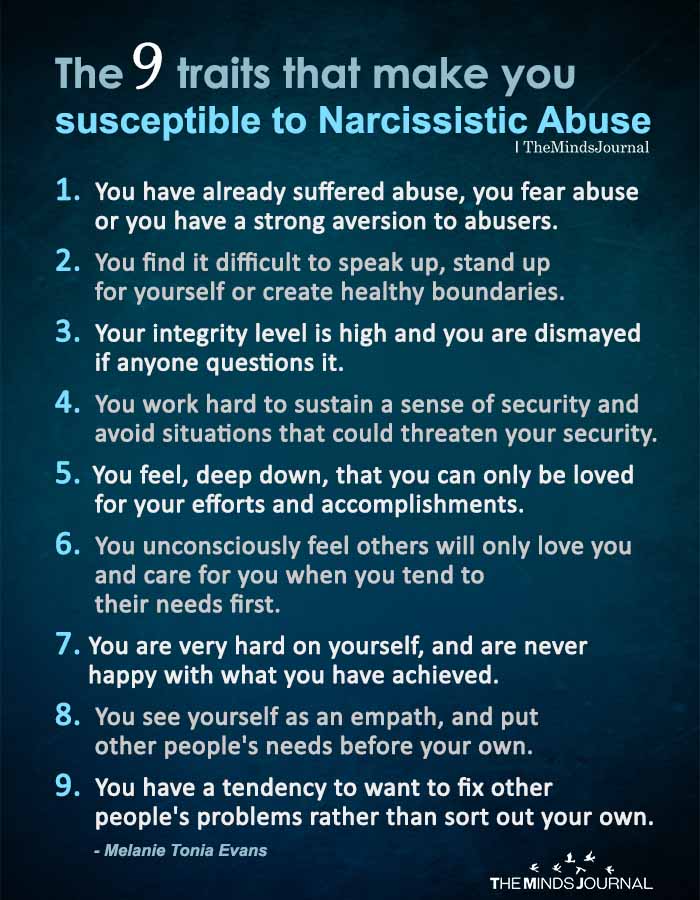
33. Engage In Assertiveness Training:
Consider participating in assertiveness training programs or workshops to learn effective communication techniques, develop self-confidence, and strengthen your ability to assert your needs.
34. Seek Professional Legal Advice If Necessary:
If you are dealing with legal matters such as divorce, child custody, or restraining orders, consult with a qualified attorney who specializes in dealing with narcissistic abuse cases.
35. Engage In Trauma-Informed Bodywork:
Explore trauma-informed bodywork modalities such as massage, yoga, or acupuncture. These practices can help release tension and trauma held in the body, promoting a sense of relaxation and healing.
36. Validate Your Emotions And Experiences
How to break a trauma bond with a narcissist? Acknowledge and validate the range of emotions you may be feeling after breaking a trauma bond with a narcissist.
Understand that it is normal to experience a mix of anger, sadness, confusion, and even a sense of loss. Give yourself permission to feel and process these emotions without judgment.
37. Engage In Inner Child Healing
Narcissistic abuse can often leave deep wounds from childhood that have been reactivated. Engage in inner child healing exercises to address and heal these wounds.
Connect with the inner child within you, offer love and support, and work on reparenting yourself with care and compassion.
38. Establish Healthy Relationships And Build Trust
Building new healthy relationships may feel challenging after experiencing a trauma bond. Start by surrounding yourself with trustworthy and supportive individuals who genuinely care for your well-being.
Engage in open and honest communication, and allow relationships to develop naturally over time. Gradually, as you experience consistent support and care, you can begin to rebuild trust in others.
39. Reclaim Your Personal Power
During a trauma bond, your personal power may have been undermined or taken away. how to break a trauma bond with a narcissist? Reclaim it by taking steps to regain control over your life.
Set and pursue goals that align with your values and aspirations. Make decisions that reflect your authentic self and prioritize your needs and desires.
40. Redefine Your Values And Priorities
Take the time to reassess your values and priorities in life. Consider what truly matters to you and what brings you joy and fulfillment. Use this opportunity to redefine your life’s purpose and align your actions with your newfound understanding of yourself.
41. Set New, Healthy Relationship Boundaries
As you rebuild your life, establish clear and healthy boundaries in all of your relationships. Clearly communicate your needs, expectations, and limits to others.
Surround yourself with individuals who respect and honor your boundaries, and distance yourself from those who consistently disregard them.
42. Practice Assertive Communication
Develop and practice assertive communication skills to express your thoughts, feelings, and needs confidently and respectfully. This empowers you to advocate for yourself, establish healthy boundaries, and foster open and honest connections with others.
43. Be Open To Lifelong Learning
Commit to ongoing personal growth and learning. Engage in self-development books, workshops, or courses that help you further understand yourself, build resilience, and develop healthy relationship skills.
Embrace the mindset of continuous growth and improvement.
44. Practice Gratitude And Positivity
Develop an attitude of gratitude and shift your focus to the positive side of your life. Regularly practice gratitude exercises, where you reflect on and express appreciation for the blessings, progress, and supportive relationships in your life.
This shift in perspective can enhance your overall well-being and resilience.
45. Embrace A Future Filled With authentic connections
How to break a trauma bond with a narcissist? By moving on! As you continue to heal, open yourself up to the possibility of authentic and healthy relationships. Surround yourself with individuals who genuinely value and support you.
Embrace connections based on mutual respect, trust, and reciprocity, allowing yourself to experience the joy of genuine connection.
46. Acknowledge Milestones And Achievements:
Acknowledge every milestone and achievement on your healing journey. Whether it’s breaking a harmful pattern, asserting a boundary, or making progress in therapy, take the time to acknowledge your growth and give yourself credit.
47. Celebrate your progress:
How do you break a trauma bond with a narcissist? Recognize your strength and resilience in breaking free from the trauma bond, and be proud of your growth.
Read How A Narcissist Devalues You In A Relationship
The Key To Your Freedom Is In Your Hands
Breaking a trauma bond with a narcissist is a difficult but essential step toward reclaiming your life and well-being. It requires courage, self-reflection, and the support of trusted individuals.
So, how to break a trauma bond with a narcissist?
By understanding the dynamics of the trauma bond, validating your experiences, creating a safety plan, detaching from the narcissist, and rebuilding your self-esteem, you can break free from the chains of the trauma bond and move towards a healthier and happier future.
Remember, healing takes time, but with dedication and self-compassion, you can emerge stronger and more resilient than ever before.
Breaking a trauma bond with a narcissist is a challenging and courageous process. Give yourself the time, patience, and compassion you deserve.
By taking intentional steps towards healing, rediscovering your authentic self, and building a life of empowerment and authenticity, you can reclaim your happiness and create a brighter future.
Now that you know all about narcissism and how to break a trauma bond with a narcissist, please consider sparing some of your time to share your thoughts by leaving a comment down below.
Also, don’t forget to share this article on “narcissist and trauma bonding” with anyone who might find it helpful!
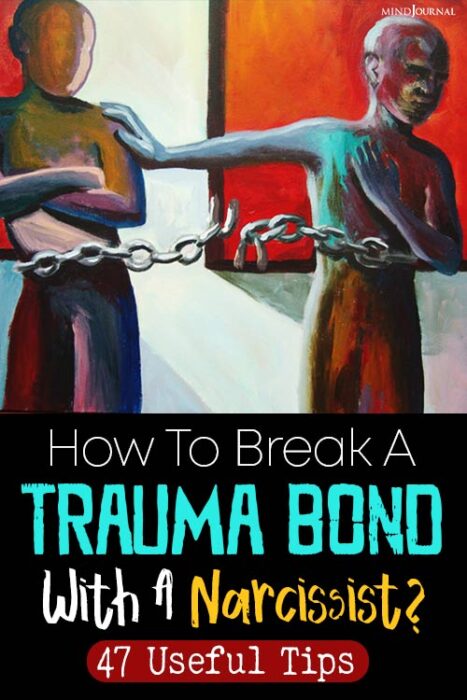
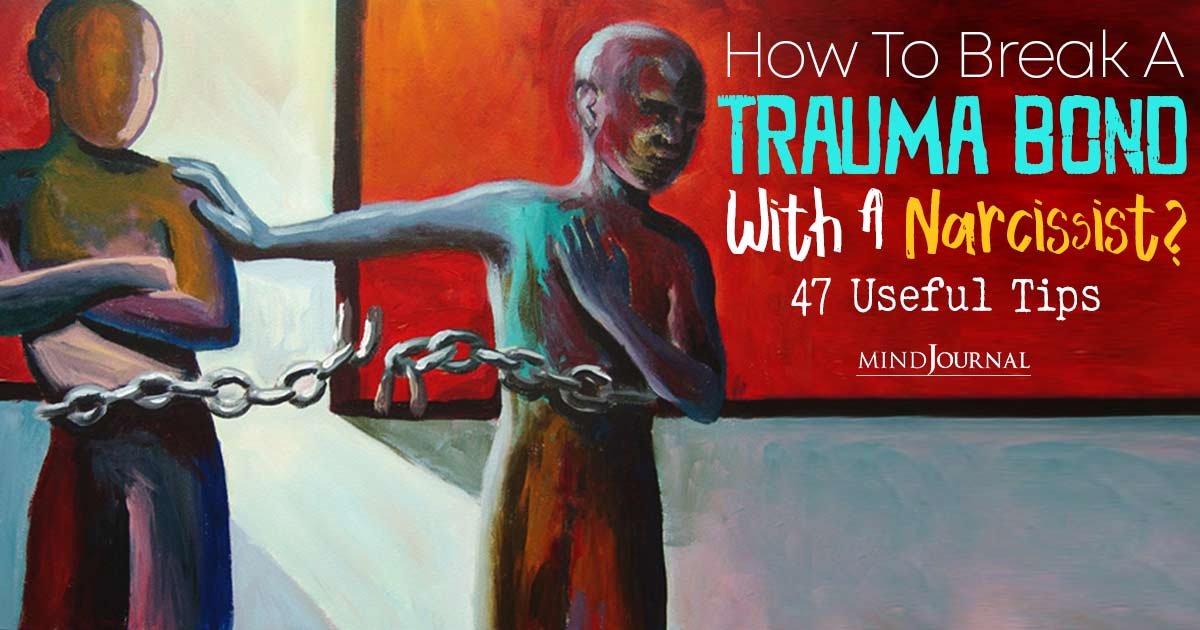







Leave a Reply
You must be logged in to post a comment.